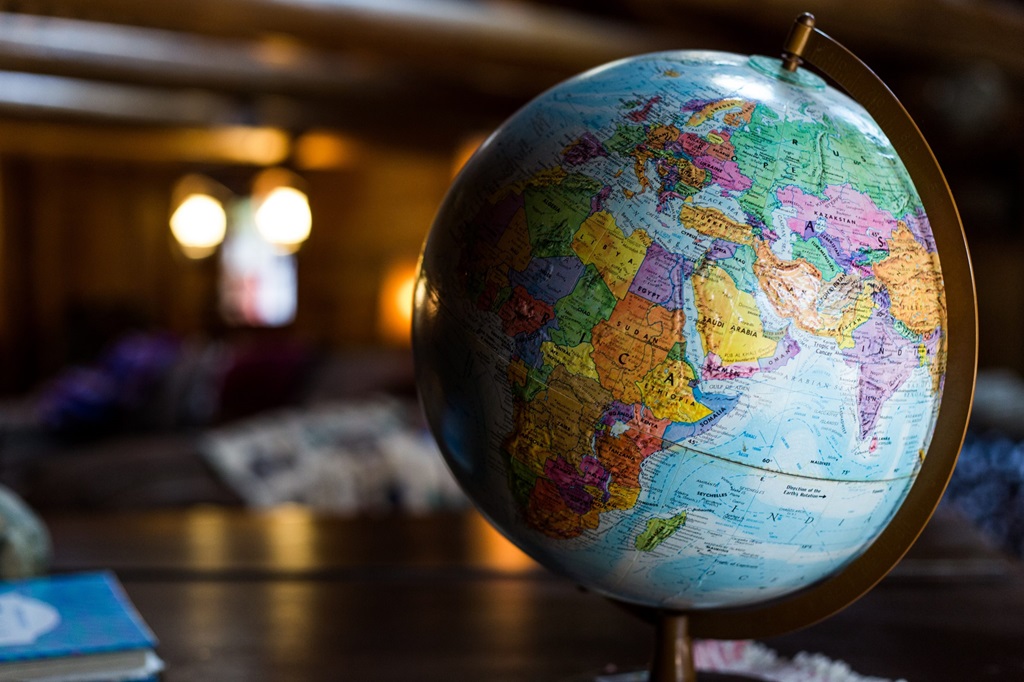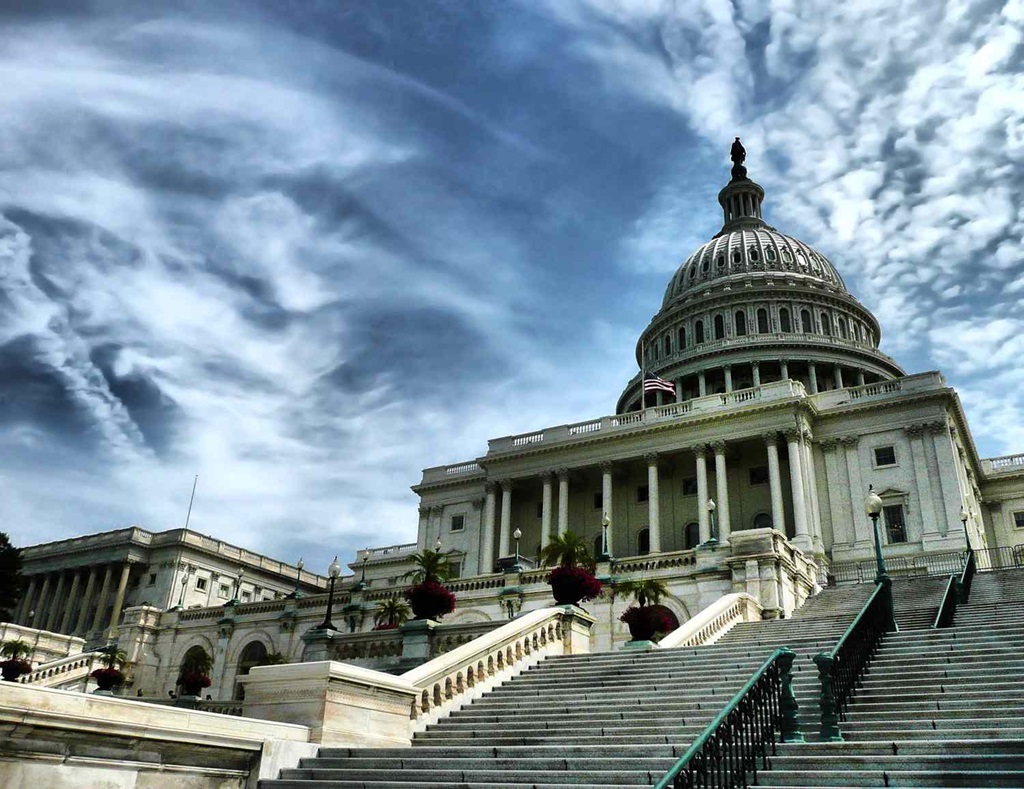
4 Main Concept of Politics in the World
Politics is a highly intricate and multifaceted subject that has a profound impact on every aspect of our society. It deals with the art and science of governance, encompassing the processes, systems, and structures that facilitate decision-making, resource allocation, and power distribution among various groups and individuals. Though the intricacies of politics vary between different governments and cultures, there are 4 main concept of politics that form the foundation of politics around the world.
Politics involves a wide range of actors, including governments, political parties, interest groups, and individuals who engage in political activities to influence policy outcomes and shape the direction of society.
At its core, politics is about the exercise of power and the way it is exercised, be it through democratic processes, authoritarian rule, or other forms of governance. Understanding politics is crucial to understanding how our society works and how it can be improved for the betterment of all its citizens.
1. Power
The first key concept in politics is power. Politics is fundamentally about how power is distributed and exercised in society.
Power refers to the ability of individuals or groups to influence behavior and control resources. This can involve formal legal authority, like the power vested in a president or prime minister. But power also stems from informal sources, like wealth, relationships, knowledge, and persuasion.
Political actors like politicians, interest groups, and activists all seek to gain and leverage various forms of power. Their ability to exert control and sway decisions depends on the amount of power they hold relative to others.
Power dynamics underpin political conflicts and struggles. Competing groups clash over who gets to make important decisions, whose voices are listened to, and who gets priority access to limited resources. The interplay between differing bases of power is what drives politics forward.
Some key types of power in politics are:
- Legal authority – Power that stems from laws and formal office. For example, the authority granted to presidents and legislatures.
- Wealth – Rich individuals and corporations wield power through financial means. They fund campaigns, hire lobbyists, and drive policy priorities.
- Social capital – Informal power sourced from an individual or group’s networks, reputation, persuasiveness, and ability to mobilize action.
- Coercive force – The capacity to compel action through punishment and physical force, such as the power exercised by police and militaries.
- Information – Access to data, secrets, propaganda, and narratives can be leveraged to shape opinions and interests.
- Natural resources – The control of land, water, oil reserves, minerals, and other physical commodities creates political and economic power.
Navigating power dynamics is central to politics. Political savvy involves assessing the different power bases at play to determine how to effectively influence outcomes.
2. Conflict
The second core concept of politics is conflict. Because power is limited, and individuals and groups have competing interests, conflict is inherent to politics.
Political actors have diverging priorities over how laws should be written, money spent, freedoms exercised, and resources distributed. These clashes of interests generate political tension and disputes as competing factions use their power to further their goals over the objections of others.
Some common sources of political conflict include:
- Ideology – Differences in worldview, philosophy, and values. For example, conflicts between liberals and conservatives.
- Identity – Tribalism along racial, ethnic, religious, geographic, or other identity factions. For instance, nationalist movements.
- Economic interests – Contention over money, taxes, budgets, and financial policies. Such as fights between economic classes.
- Power struggles – Competitive dynamics between leaders, branches of government, and political parties. For example, institutional gridlock.
- National security – Debates over foreign policy, military spending, and security priorities. Such as anti-war movements.
- Social issues – Moral debates over civil rights, culture war issues, and policies around family, gender, education, and more. For instance, the abortion debate.
- Environmental issues – Disagreements over how to manage climate change, pollution, conservation, and use of natural resources. Such as pipeline projects.
The reality is that political interests cannot be fully reconciled. There are deep disagreements over values and priorities as well as situations where certain groups inevitably lose out based on the distribution of power and resources. Politics is the battleground where these conflicts get debated and (temporarily) resolved to determine who gets their way.
3. Institutions

The third foundational concept of politics is institutions. Institutions are the established laws, processes, and organizations that structure political power and decision-making.
Examples of key institutions include:
- Governments – The system of legislatures, executives, and agencies that make and implement official policies.
- Constitutions – Foundational legal documents that define government powers and citizen rights.
- Judiciaries – Court systems that interpret laws and settle formal disputes.
- Elections – The processes for choosing political representatives through voting.
- Parties – Organizations that nominate and support candidates for office based on shared ideologies.
- Legislatures – Bodies of elected representatives like parliaments, congresses, councils, and assemblies.
- Media – The press, publications, television, radio, and internet platforms that shape public discourse.
Institutions perform key functions like organizing participation, making collective decisions, codifying rules, managing succession, resolving disputes, allocating resources, and facilitating compromise. Institutions channel both cooperation and conflict through formal processes. They provide stability and continuity for politics to function over time rather than constantly starting afresh.
The design of institutions determines who wields power and how. Structural choices like parliamentary vs presidential systems, voting methods, rights protections, and separation of powers all distribute authority in different ways. Politics involves modifying old institutions and constructing new ones to realign power relationships and decision-making norms.
4. Ideology
The final foundational concept of politics is ideologies. Ideologies are the philosophies, values, and worldviews that frame political agendas and movements.
Some major political ideologies include:
- Liberalism – A philosophy focused on individual liberty, democracy, rights, tolerance, and free enterprise.
- Conservatism – An outlook favoring traditional social values, limited government, and free markets.
- Socialism – A perspective centered on collective ownership, economic equality, and shared prosperity.
- Fascism – An extreme nationalist ideology promoting autocratic rule, strict social order, and suppression of opposition.
- Environmentalism – A philosophy emphasizing conservation, ecological protection, and sustainability.
Ideologies shape how political actors interpret interests, define problems, and envision solutions. They provide the intellectual foundations that give rise to parties, platforms, and policies.
Last Words
Political groupings coalesce around ideologies to provide shared identities. Ideologies offer rallying calls that inspire collective mobilization and activism. They supply the theories and narratives that justify requests for power.
Ideological conflicts fuel political polarization as movements with fundamentally different worldviews struggle to shape society in their ideal image. A compromise between staunch ideological foes is difficult. Ambitious leaders exploit ideologies to solidify fervent populist followings.
But ideologies also drive critical discourse and civic participation. Contending schools of thought call attention to flaws in existing systems and expand the sense of what’s politically possible. A diversity of ideologies prevents any single dogma from monopolizing politics.
Together, the interplay between power, conflict, institutions, and ideology forms the foundation of politics across national and cultural contexts. With this grounding covered, let’s look at some common questions about the essence of politics.
Frequently Asked Questions
What is the true purpose of politics?
The underlying purpose of politics is to collectively make binding decisions about how power and resources are allocated in society. Politics establishes official societal rules and priorities in the context of diverse competing interests and unequal power dynamics. Through politics, communities organize themselves and determine how their fates will be shaped.
Is politics inevitable in human societies?
Yes, politics appears to be an inevitable feature of all but the smallest human societies. The need to make group decisions, distribute limited resources, and balance competing interests makes political dynamics inevitable once communities grow beyond just a few people. While politics can be suppressed, it cannot be fully erased so long as individuals have diverging perspectives and priorities.
Is politics driven primarily by rational analysis or emotions/identity?
Politics involves a complex interplay between rational calculus and emotional reactions shaped by identity and values. On one hand, material interests and tactical power maneuvers drive some political behavior. But psychological factors like moral intuitions and group allegiances are also crucial, especially for ordinary citizens. Wise politics requires a blend of thoughtful analysis and empathy for different identities and emotions.
Does politics inherently involve deception and unethical behavior?
Not necessarily. While underhanded tactics are common in competitive political arenas, politics can also facilitate social cooperation, promote justice, and tame violent conflict when pursued ethically. However, power corrupts, so eternal vigilance against abuses is needed. Overall, politics is morally ambiguous – it channels both human ideals and misdeeds. The path taken depends on the conduct of political actors.
How should ordinary people interact with the political system?
Experts debate the ideal role for everyday citizens in politics. Arguments range from passive observation to maximal activism. A balanced approach involves becoming informed about issues, carefully considering policies, selectively participating when vital interests are at stake, showing support for beneficial systems, engaging in activism when moved by conscience, and constructively criticizing dysfunctional aspects. An engaged but judicious citizenry helps improve politics.
